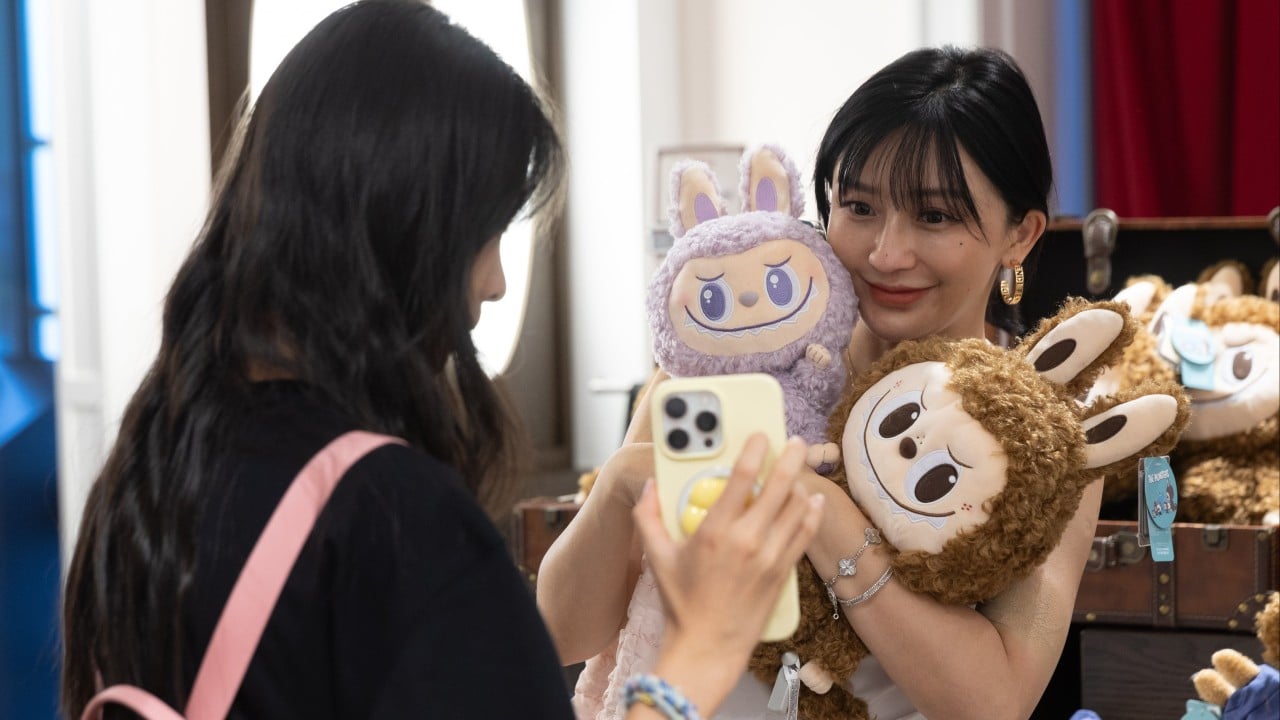The global frenzy around China’s Labubu, the candy-coloured monster character with the mischievous smile adorning bags, desks, streets and social feeds worldwide, is often hailed as a triumph of Chinese soft power.
Advertisement
But Labubu’s success reveals something deeper: the unmatched sophistication of China’s integrated platform economy. Pop Mart, Labubu’s retailer, started with a small shop in Beijing in 2010 but has leveraged China’s unique digital ecosystem in recent years to build a global intellectual property (IP) phenomenon, showcasing a new model for technology-powered commercial and cultural influence.
This model echoes history. Since the 15th century, when European royalty craved Chinese porcelain, the reach of China’s cultural exports relied on the technologies that supported trade, such as shipbuilding. Today, the success of toys like Labubu is propelled by the infrastructure of digital technologies.
China’s booming e-commerce and social media platforms such as RedNote, TikTok and WeChat are digitising the Silk Road. But instead of promoting IPs particularly linked to Chinese history and culture, companies like Pop Mart achieve success with cosmopolitan offerings like Molly, Pucky and Labubu that appeal to a broader audience.
Pop Mart exemplifies a broader shift in China’s economic engagement. Unlike earlier internet giants such as Tencent Holdings, JD.com and Baidu, whose dominance stemmed primarily from the vast domestic market, a new generation of Chinese companies across diverse sectors is prioritising global growth.
Advertisement
Pop Mart’s international footprint – it has stores across Europe, the United States, Australia, New Zealand and Southeast Asia – reflects the overseas expansion of many Chinese companies, including electric vehicle leaders such as BYD and Nio, tech companies like Unitree Robotics and Longi Green Energy Technology, artificial intelligence start-ups including DeepSeek and Manus AI, and entertainment powerhouses like Game Science and miHoYo.

